Sermons
How then shall they call on him in whom they have not believed? and how shall they believe in him of whom they have not heard? and how shall they hear without a preacher? And how shall they preach, except they be sent? as it is written, How beautiful are the feet of them that preach the gospel of peace, and bring glad tidings of good things! But they have not all obeyed the gospel. For Esaias saith, Lord, who hath believed our report? So then faith cometh by hearing, and hearing by the word of God (Romans 10:14-17).
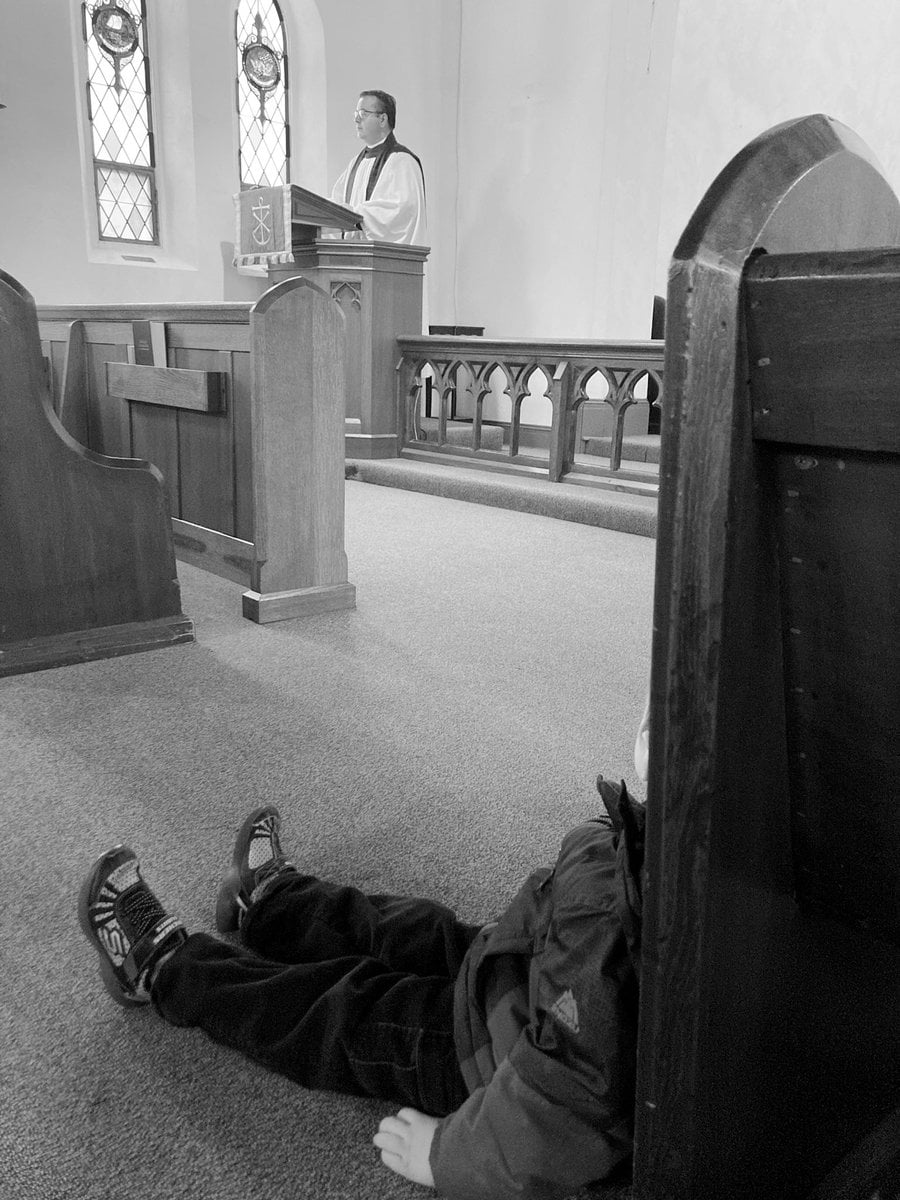
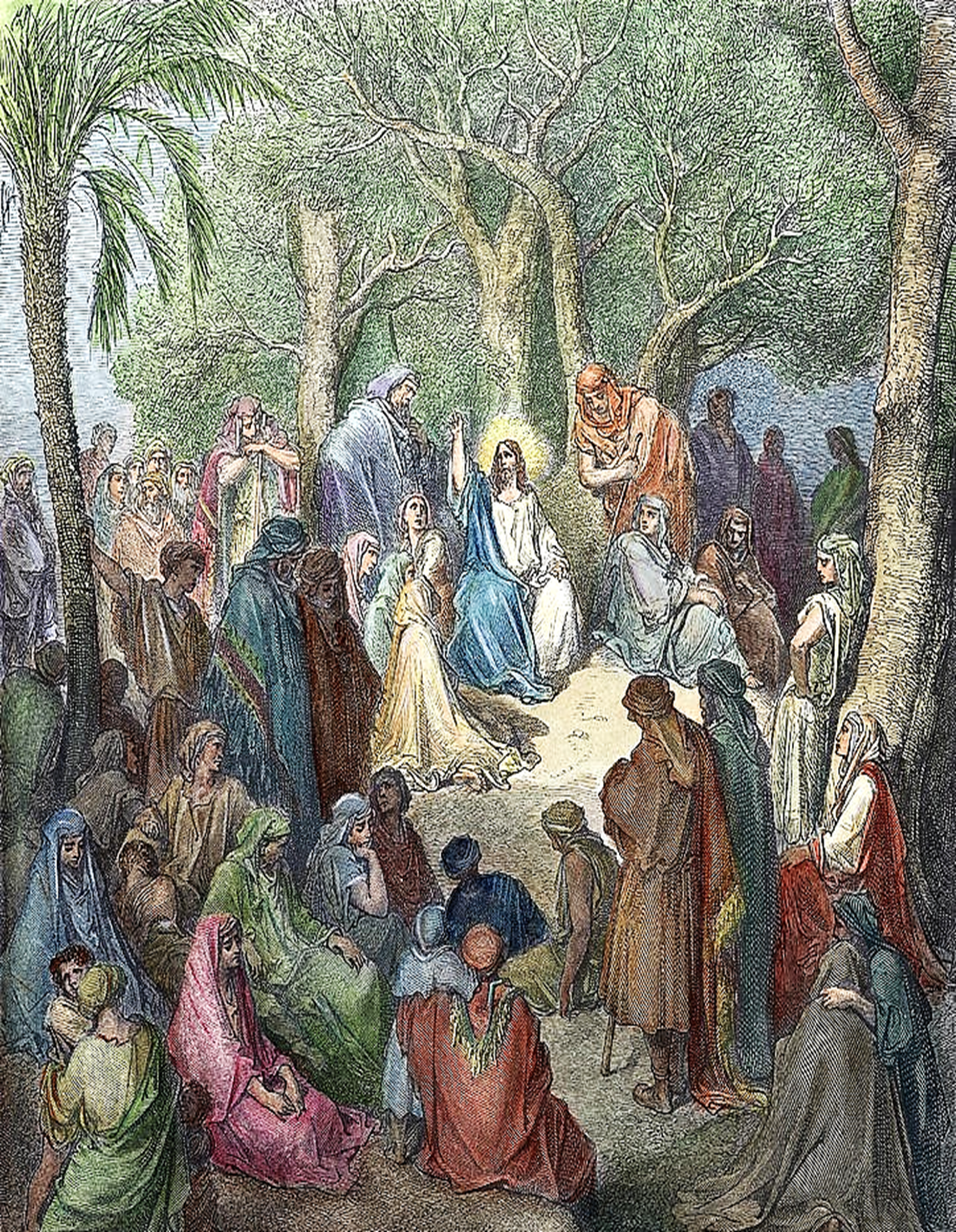
The Fifteenth Sunday after Trinity 2024
But Jesus, because He loves us, won’t let us live in that lie. Today He compares us to a flower or a blade of grass, and from God’s perspective this is exactly how impressive our work is in comparison to His. As we read in Isaiah 40, ‘All flesh is grass, and all its beauty is like the flower of the field. The grass withers, the flower fades when the breath of the Lord blows on it; surely the people are grass. The grass withers, the flower fades, but the word of our God will stand forever’ (Isaiah 40:6-8). It is comforting to remember that when Jesus—the Word of God made flesh, who will stand forever—looks out onto the creation, when He looks out at the flowers and the grass, He sees beauty, and He loves that beauty. And more amazingly, He includes us in that beauty. He includes us in the beauty and blessedness we have received as a gift from our Creator. But, ultimately, despite our real God given beauty, our inflated ideas of our own importance and accomplishments are merely a coping mechanism for the anxiety and worry Jesus tells us to banish today, and when that pride metastasizes in our souls, we begin to forget that we are fragile creatures and not the Creator. To live in the reality of our true station, we must free ourselves for hard, honest work without the fear and gloom and anxiety that possesses people and weakens them for the tasks Christ has set before us. Once we fully recognize and daily remember that we are the creatures and God is the Creator we don’t have to worry about saving the earth or finding ultimate fulfillment in our temporary occupations; no, we can recognize that all our earthly endeavors gain their value when we offer up our work to the God who created this world, saved this world, and will one day resurrect this world. We will be free from anxiety and fear when we remember that our moment in the Sun is truly as brief as the blooming wildflower on the side of the road, but we can strive in that briefness to showcase the beauty God has put inside of us; we can show that beauty to the world, and remind all men that their Creator loves the beauty, truth, and goodness which will soon bloom everywhere and forever in resurrection glory. That future is ours; how then could we ever worry?
Sermon Date: September 8, 2024
Passage: St. Matthew 6
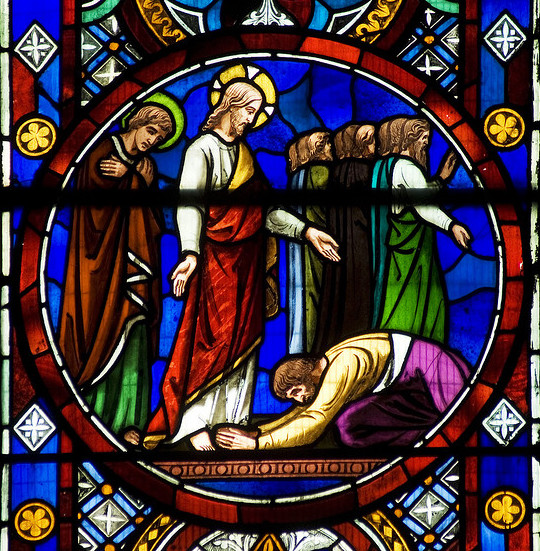
The Fourteenth Sunday after Trinity 2024
Which bids the very practical question: ‘Why might I not be bearing fruit?’ Here is one reason Jesus gives in the Parable of the Sower: ‘As for what was sown among thorns, this is the one who hears the word, but the cares of the world and the deceitfulness of riches choke the word, and it proves unfruitful’ (St. Matthew 13:22). What is the part of us that responds to ‘the cares of the world and the deceitfulness of riches?’ What is the part of us that desires to ‘choke the word?’ Why it’s the flesh of course—the ‘old man’ as St. Paul also refers to it. This same apostle tells us that we must ‘crucify the flesh with its passions and desires’ (Galatians 5:24). He is telling us that we must pitilessly destroy that thing we falsely believe will save us or make us happy; we must brutally execute this thing we think we need and love, or it will kill us. As the Anglican priest and theologian John Stott puts it, ‘We must not only take up our cross and walk with it, but actually see that the execution takes place.’ We must nail our old man to the cross as he screams at us and begs us for life. Can we do that? Can we stomach seeing the thing we falsely love more than God die on a cross? We must if we want to be truly free; we must if we want to live in the blessed Christian liberty which makes us no man or demon or desire’s slave. May the Spirit be with us as we walk with our cross, and may He give strength to our hands as we crucify the flesh and begin to live in the perfect freedom of the new world to come.
Sermon Date: September 1, 2024
Passage: Galatians 5
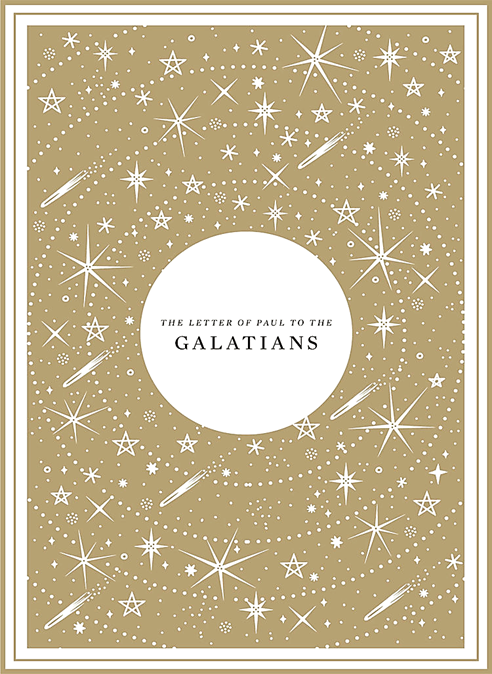
The Thirteenth Sunday after Trinity 2024
Imagine for a moment all of the rules and laws and sayings and folk wisdom and half-truths being screamed at us every hour of every day throughout every moment of history, all of it melting together into the constant, ignorant howl of the damned. This is our life, particularly in the age of the internet, and it can be so very hard to focus when we are in the midst of it. The only thing capable of silencing this deafening roar is the cry of the Son of God, ‘It is finished.’ Calvary is where the foolishness of all our merits and self-righteousness is to be forever found—shown forth and received again and again in the Lord’s Supper we are privileged to celebrate. We bring our repentance to the table, and Christ gives us His righteousness—a righteousness which can only come from the one man who actually followed the whole law: The only man to die and rise so that we could share in the unending spoils of His victory.
Sermon Date: August 28, 2024
Passage: Galatians 3
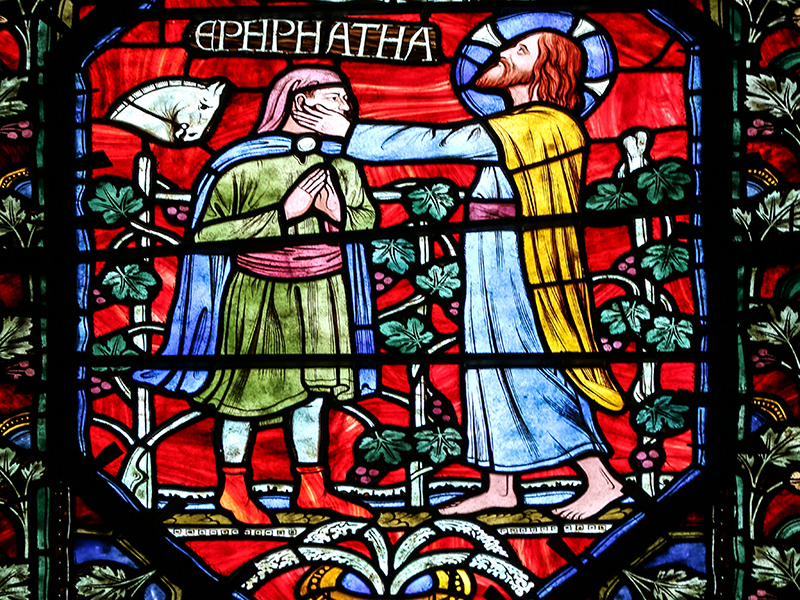
The Twelfth Sunday after Trinity 2024
Blessedly, the fate of the world does not lie in the hands of paper pushers and bureaucrats or kings and congressmen for that matter. St. Paul tells us that ‘our sufficiency is of God,’ and we see just that in today’s Gospel reading, where Jesus Christ, God the Son and Lord of Creation, heals human infirmity with the same creative power He used to spread forth the firmament of heaven. This public display is real power reshaping a world marred by our sinful rebellion. It wasn’t some law or rule which removed the silence imprisoning today’s deaf man; no, this fallen creature was healed by the recreative work of the God whose air we breathe, whose image we bear, and whose world He will not let us destroy. Jesus Christ embodies this greatest of news when He joins His image bearers in our suffering through the death of the cross. He shows His everlasting solidarity with all those mistreated by a fallen, evil world by fighting it with the weaponry of sacrificial love. God the Son doesn’t say, ‘I feel your pain,’ and move on to the next reward for the rich and powerful; no, He lived in our pain and sorrow until we killed Him, and then He rose from the grave to show us death’s pathetic weakness. He revealed a resurrected glory to live for rather than a condemnation to fear. It is His sacrifice which today gives meaning and hope to all those suffering under the boot of evil; it is His sacrifice which will soon bring everlasting peace and justice to all who seem crushed and forsaken—especially to those who seemed crushed or forsaken.
Sermon Date: August 21, 2024
Passage: 2 Corinthians 3
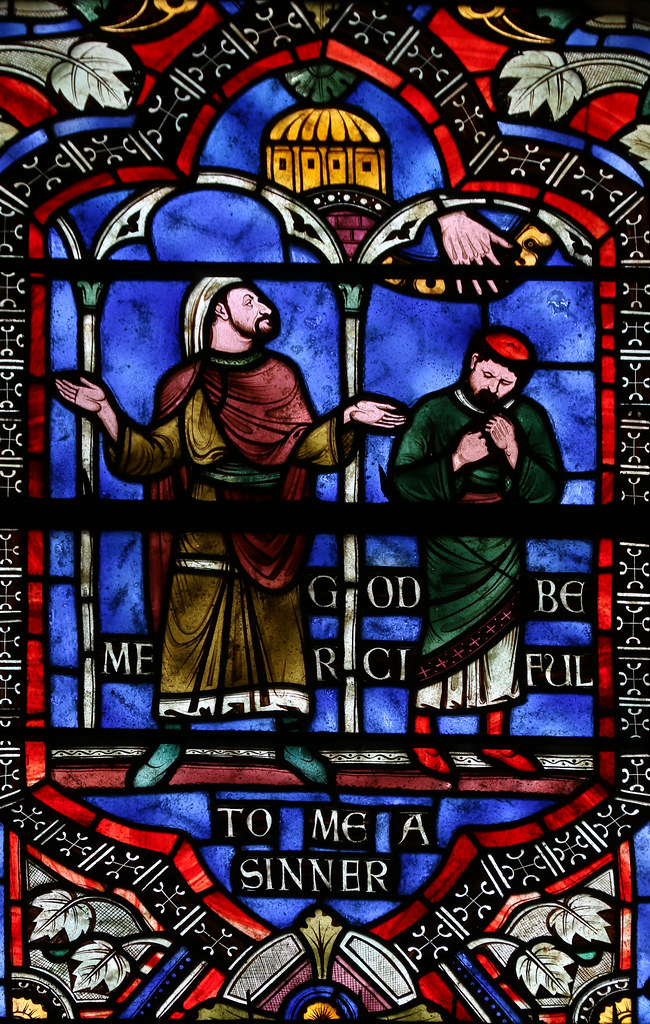
The Eleventh Sunday after Trinity 2024
So, what makes the prayer of the tax collector so much greater? What makes his sacrifice one worthy of praise? As we read in Psalm 51, ‘The sacrifice of God is a troubled spirit: a broken and contrite heart, O God, shalt thou not despise’ (Psalm 51:17). The tax collector knows who he is; he is a traitor. He knows he has betrayed his people by siding with the Romans to be the occupier’s dishonest bagman, but more importantly, while standing in the temple during one of the two daily ‘Tamid’ services, the traitor hears the prayer of the priest over the blood of an animal slaughtered for the sins of the people, and in that moment he knows what he needs, what he needs is ‘mercy.’ He does indeed need mercy, but the Greek word which stands behind ‘mercy” is the same as the one we translate as propitiation: the satisfaction of God’s justice and wrath against sin. In that moment, head down—beating his hands against his chest—the tax collector is crushed by the enormity of the forgiveness he needs; he is broken by the reality of the great chasm his rebellion has placed between him and the God of life. This utter humility is what our Anglican prayers of confession are trying to capture when we kneel before the Lord and call ourselves ‘miserable offenders,’ when we confess that the burden of our sins is intolerable, when we sigh and admit ‘there is no health in us.’ These are not empty words, but a Holy Spirit inspired reality check of the dire state within which all humanity resides.
Sermon Date: August 11, 2024
Passage: Luke 18 and 1 Cor. 15
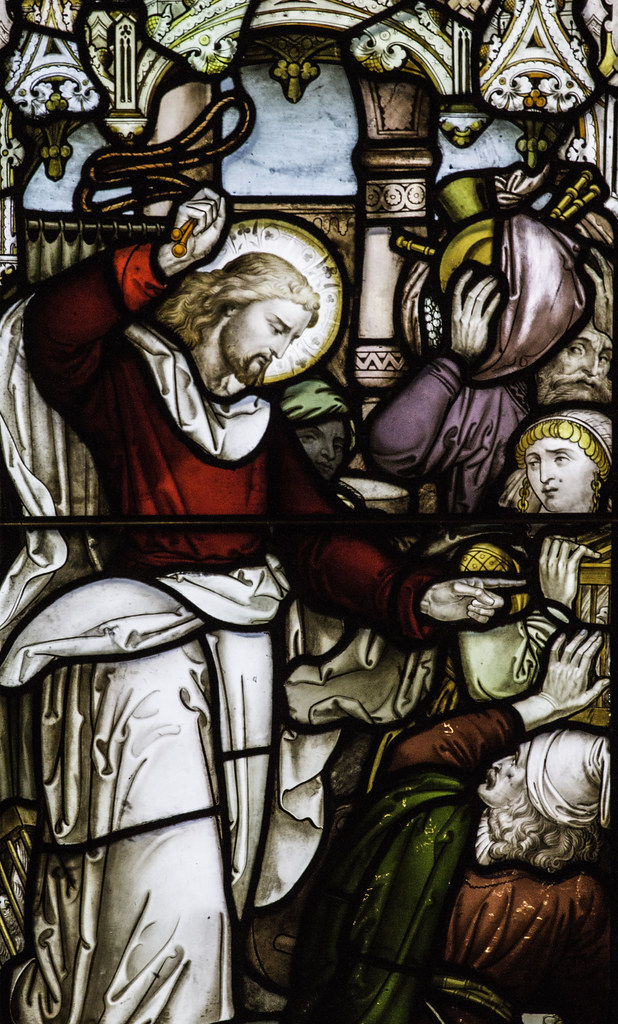
The Tenth Sunday after Trinity 2024
Gods aren’t supposed to cry. Certainly, the gods invented by men don’t cry. These false gods are made up, and so they can only ever be conjured from the limited imaginations from which they arose—all they can ever be is an idealized or ‘super’ version of the storyteller. Thor is big and strong, smashing things with a large hammer; Zeus throws lightning bolts and ravages women; the god of suicide bombers promises 72 virgins in the afterlife. Who are some other gods? Americans who identify as Christians tend to worship a Jesus who thinks and acts just like they do; Agnostics worship an all-powerful god conveniently unable to reveal Himself in any way that would change the course of their live; Atheists worship themselves. All these false gods are the creations of men, and so, of course, our fallen fingerprints are all over them. Today’s revelation of deep emotional pain in Christ Jesus as he triumphantly rides into Jerusalem is not how any human would imagine this story. It would be like Superman breaking down in the middle of a parade honoring him for saving New York: condemning the city he came to save in between sobs. No screenwriter would construct a scene like that because he wouldn’t want to remind his audience that there will one day be a reckoning for all the evil masquerading as good in our world, all the evil we invent superheroes to help us forget. Jesus is not a superhero; He is real.
Sermon Date: August 4, 2024
Passage: Luke 19

The Ninth Sunday after Trinity 2024
Gloriously, when we do recognize our place in created time, when we do look about the desert of our fallen world and seek everlasting sustenance in the God who is faithful, then we can finally see we are living in the blessed age of fulfillment. Christ has won the victory, the Holy Spirit has broken loose our chains, and we are marching toward the Jerusalem not made with hands. Our fulfillment in this life comes only from our progress toward this goal—our progress toward the resurrected earth which awaits the children of God at the end of their journey. Just as Moses called the Israelites to be a nation of priests, we have been called to be a royal priesthood, a holy nation, a peculiar people who every second show forth the praises of Him who has called us out of darkness into marvelous light. We are to walk from room to room in this darkened land and bless it with the presence of the Holy Spirit and a dead human made alive by His power. May we dead men and women made alive always know our history and our destiny, and may we worship our God and Savior with every hour we have breath.
Sermon Date: July 28, 2024
Passage: 1 Corinthians 10

The Eighth Sunday after Trinity 2024
Which brings us to the question, why then would anyone possibly choose to either murder God’s prophets or ignore them, and in turn, murder themselves? As Jesus says today, ‘Beware of false prophets, which come to you in sheep's clothing, but inwardly they are ravening wolves’ (St. Matthew 7:15). The terror of this imagery should strike right to our hearts. Christ is describing a creature which looks like a Christian, but instead of being a sheep in the church’s pasture, he is a sheep’s worst enemy: a hungry wolf who will only be satisfied by not merely our destruction, but by gaining from our destruction, by tearing us apart until we are no longer a recognizable image bearer of God but merely an object to be consumed and digested. We usually think of men in authority when we imagine this monstrous creature; we think of greedy televangelists or evil priests who prey on young boys, but much more dangerous than these figures of obvious moral debasement are the characters who fill pulpits and pews with their lies and half-truths. The people who say things like, ‘God’s love is whatever I say it is,’ or ‘Be true to your heart and everything will turn out fine,’ or ‘Nothing really matters except loving yourself and being happy’ and on and on. Have you ever asked yourself, what does a person have to gain from telling these evil, banal lies to another person? Of course, people say them because they simply know these memorized nonsense phrases better than the life-saving truth of God’s Word, but they originate and are evangelistically spread by those who wish to use us and destroy us for money or sex or power
Sermon Date: July 21, 2024
Passage: Matthew 7
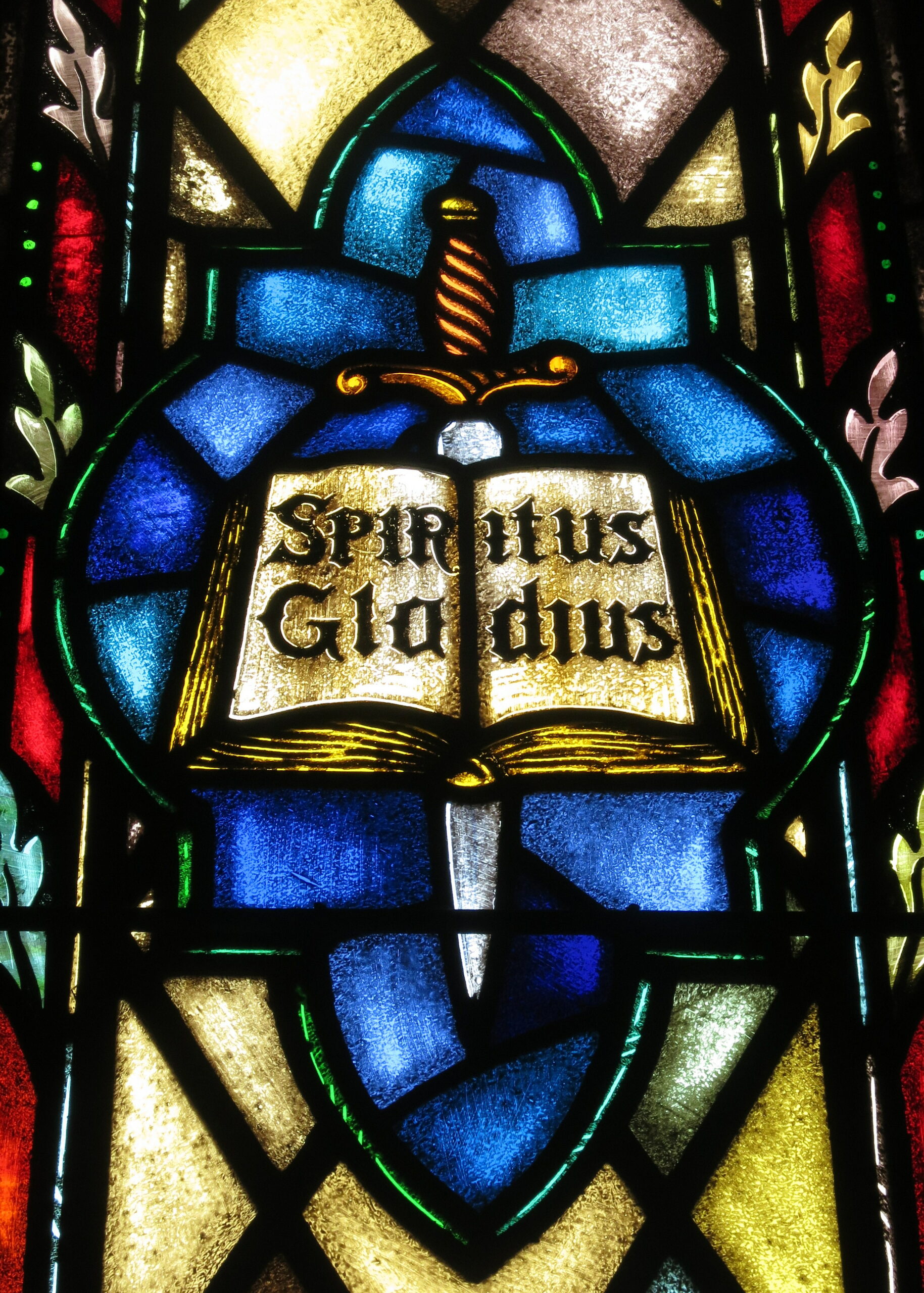
The Seventh Sunday after Trinity 2024
There lies our true position, and that is where our loving God meets us. As St. Paul writes, ‘For the wages of sin is death; but the free gift of God is eternal life through Jesus Christ our Lord.’ (Romans 6:23). Evil promises to pay us the fair wages our good and bad works deserve. Evil promises to meet us at the end of our lives—as we are stripped of all our possessions and loves and hobbies and accomplishments—evil will be there with a smile and check made out to death. If evil is the master we choose, we will be treated fairly—we will be left with nothing but the cruel master we served but could never save: we will be left with nothing but ourselves. If then we are, by our maimed and bloodied natures, constrained to serve some master this side of the grave, let it be the master who has revealed His righteousness not as some abstract theory, not through a list of rules, not even as a reward for a job well done. Let us serve the master who broke Himself against the same humanity that is breaking us; let us serve the master who looked at the warring, selfish, spiteful tribes of men and said, ‘I will save them, I will redeem them, I will show them how to love.’ We begin by never again saying, ‘I know best,’ we continue by recognizing that the only lasting part of our lives, the only thing which will matter when the last tears are shed over our graves, is the free gift of eternal life won for us by the God who looks down from the cross and says, ‘Follow me.’ It is only in the following of the master who has bought us back from death that we begin to taste and sense the great freedom of His bloody exaltation. The Christian, made new in the baptism of Christ’s blood, must say, ‘I am yours: lead me where you will. Lead me into sadness and suffering; lead me into pain and grief; lead me into sacrifice and praise; lead me to the resurrection; lead me to the new earth; lead me to freedom; lead me to forever.
Sermon Date: July 14, 2024
Passage: Romans 6
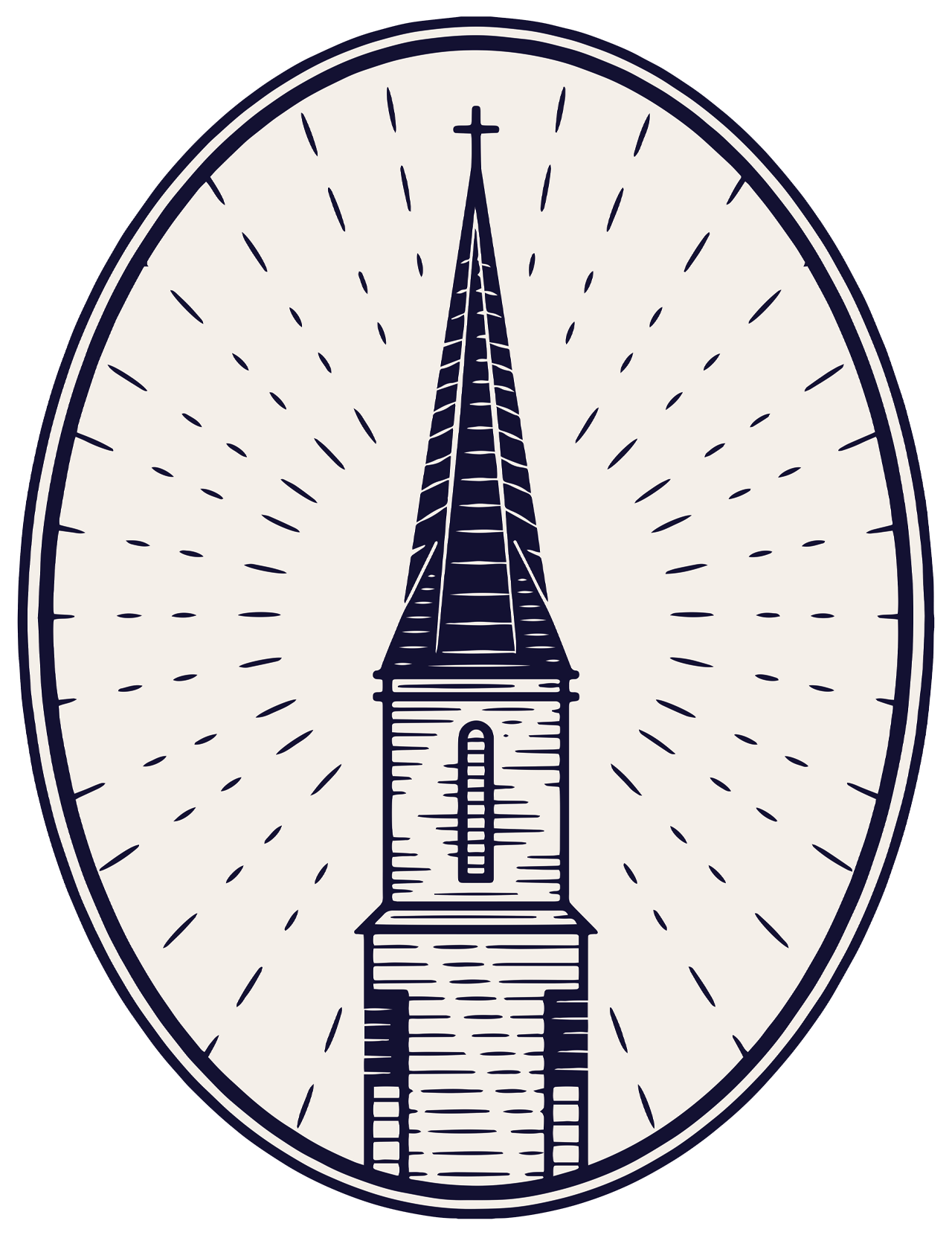
The Seventh Sunday after Trinity 2024
There lies our true position, and that is where our loving God meets us. As St. Paul writes, ‘For the wages of sin is death; but the free gift of God is eternal life through Jesus Christ our Lord.’ (Romans 6:23). Evil promises to pay us the fair wages our good and bad works deserve. Evil promises to meet us at the end of our lives—as we are stripped of all our possessions and loves and hobbies and accomplishments—evil will be there with a smile and check made out to death. If evil is the master we choose, we will be treated fairly—we will be left with nothing but the cruel master we served but could never save: we will be left with nothing but ourselves. If then we are, by our maimed and bloodied natures, constrained to serve some master this side of the grave, let it be the master who has revealed His righteousness not as some abstract theory, not through a list of rules, not even as a reward for a job well done. Let us serve the master who broke Himself against the same humanity that is breaking us; let us serve the master who looked at the warring, selfish, spiteful tribes of men and said, ‘I will save them, I will redeem them, I will show them how to love.’ We begin by never again saying, ‘I know best,’ we continue by recognizing that the only lasting part of our lives, the only thing which will matter when the last tears are shed over our graves, is the free gift of eternal life won for us by the God who looks down from the cross and says, ‘Follow me.’ It is only in the following of the master who has bought us back from death that we begin to taste and sense the great freedom of His bloody exaltation. The Christian, made new in the baptism of Christ’s blood, must say, ‘I am yours: lead me where you will. Lead me into sadness and suffering; lead me into pain and grief; lead me into sacrifice and praise; lead me to the resurrection; lead me to the new earth; lead me to freedom; lead me to forever.
Sermon Date: July 14, 2024
Passage: Romans 6
